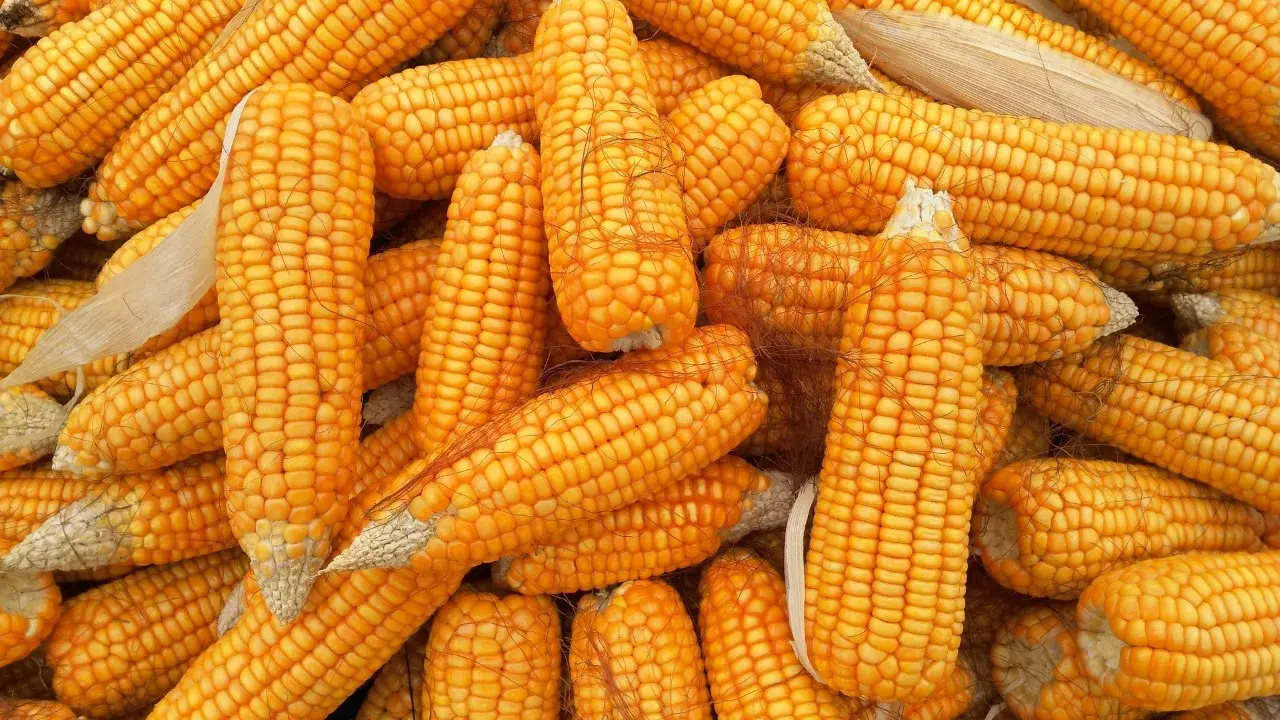They are small and sometimes not even visible to the naked eye: we are talking about plastic particles smaller than 5 mm, also known as microplastics. The particles are generated when large plastic parts such as car tyres disintegrate and wear away among other things. The tyres lose material when driving on roads and these particles are released into the environment. According to the Fraunhofer Institute for Environmental, Safety, and Energy Technology’s calculations, around 1.2 kg of microplastics per person enter the environment in this way alone every year. However, plastic packaging, shoe soles and cosmetic products such as exfoliation treatments and soaps are also additional sources. Wherever they originate: sooner or later, the particles make their way into rivers and seas via rainwater and wastewater as water treatment facilities are not capable of filtering out the smallest particles completely. Consequently, fish and other inhabitants of rivers and seas take in this plastic when feeding, meaning microplastics can even ultimately enter the human food chain.
Replacing microplastics with natural substances
Whether and how microplastics affect human health is still not fully understood. Yet almost everyone agrees on one thing: nobody wants the small particles to enter their body when they eat, drink or breathe. It will still take some time before we are in a position where we can ban microplastics from all areas of our lives, as nobody wants to go without lorries, cars or shoes. It’s often not possible to replace packagings or other products made from plastic across the board. So, what can we do?
One approach is to avoid plastics and microplastics wherever they are not explicitly required or when they can be replaced with natural substances. This works with great success in cosmetic products, for example, where microplastic particles used to clean the skin can be substituted for natural alternatives. The same applies in industrial settings. Take car garages, landscape gardening and trades, for example: people working in such areas often come into contact with strongly adhesive lubricants, oils, rust, metal dust and graphite – substances which are very difficult to remove with a standard foam or liquid soap.
Sustainable hand hygiene even for tough stains
Abrasiva was developed for precisely these tough stains. The highlight of this special soap is its abrasive particles, which help scour dirt off the skin. In recent years, various soap manufacturers have tested out a variety of approaches for satisfying customers’ requirements on gentle and, at the same time, thorough cleaning of their hands. Manufacturers have used and are using abrasives made from plastic, olive pits and walnut shells among other things.
One alternative is corn cob meal, which can also be found in the new CWS Abrasiva formula. The meal is harvested from corn cobs which have already been threshed, meaning no foodstuffs or other nutritional resources are wasted. The material cleans excellently and boasts good skin compatibility. Due to its partially fibrous structure, it also cleans gently. In addition, it is biodegradable and has a low allergy potential. That makes the new CWS Abrasiva an environmentally and skin-friendly alternative for all companies who set great store by gentle and thorough cleaning of hands.
31 tonnes of microplastics saved
CWS Abrasiva has been available with its new formula since January 2020. The new formula allows us to offer a range of cosmetic products which is 100% free from solid microplastics. Changing over to the new formula for the product will allow us to avoid the use of 31 tonnes of microplastics annually. In addition, 44 of our 45 cosmetic products are also free from liquid microplastics.
You can find more information on hand hygiene here: www.hand-hygiene.info/en-US/hand-hygiene
Further information on CWS’ sustainability strategy and commitments can be found in our latest Corporate Responsibility report.
Would you like information and advice regarding our products and solutions?
